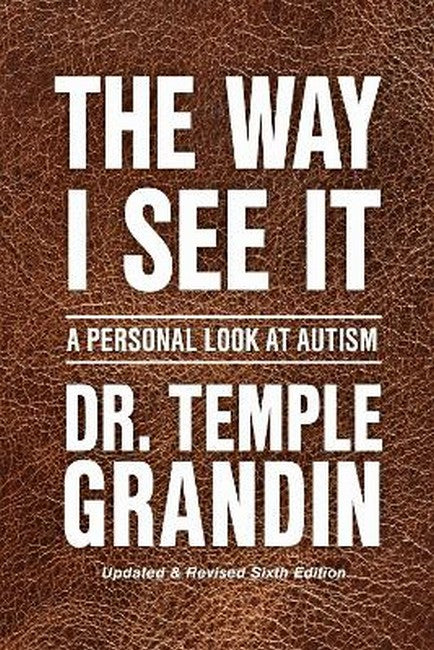Description
In this updated and expanded sixth edition of The Way I See It, Dr. Temple Grandin gets to the realL issues of autism-the ones parents, teachers, and autistic individuals face every day. Temple offers helpful dos and don'ts, practical strategies, and try-it-now tips all based on her insider perspective and scientific research. Topics include: Alternative vs. conventional medicine How to avoid getting trapped by labels The importance of early educational intervention How to control video gaming and screen time Exploring careers and applying talents And much more! Dr. Grandin has packed a wealth of knowledge into this book, which serves as an excellent reference resource for topics related to autism. Whether you're searching for something specific or reading cover-to-cover, The Way I See It is required reading for everyone whose life is touched by autism.

